John Anderson was known as Jack Burton for much of his life, as he worked as a slave for Moses Burton in Fayette, Missouri. In 1850, Jack married a slave named Marie Tomlin who lived near the Burton plantation. Jack visited Marie often but, in 1853, Jack was sold to an owner in Glasgow, Missouri—a distance considerably farther from Fayette.
One night, he secretly made the illegal journey to visit his wife and three children. He was soon discovered by a farmer named Seneca T.P. Diggs, who threatened to reveal his crime. Panicked, Jack killed Diggs and ran for his life. He ended up in Canada, changed his name to John Anderson, and began working as a laborer in the town of Hamilton. In 1854, the United States government’s request of Anderson’s extradition was denied by the governor general of British North America. However, six years later Anderson was thrown in jail by a small-town magistrate and charged with murder.
At this point, a Hamilton lawyer—appropriately named Samuel B. Freeman—got involved. Freeman successfully pleaded Anderson’s case and he was released, but not for long. Less than six months later, Anderson was pursued by a Detroit detective named James A. Gunning who saw that he was imprisoned again. The court ruled that Anderson had indeed committed murder and could be extradited, though there was a small window of time before that could occur. Within that window, angry abolitionists rallied for Anderson’s defense and even wrote to the Anti-Slavery Society in London.
In a groundbreaking legal move, Anderson was granted a writ of habeas corpus from a British court, and in 1861 he was released. This whole debacle resulted in the British Habeas Corpus Act of 1862, which prohibited writs of habeas corpus from being administered to any foreign territory where a legal system was set in place. As if changing legal precedent wasn’t enough, Anderson went on to speak at over 25 anti-slavery gatherings in London.





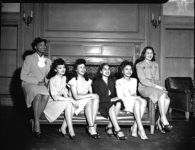
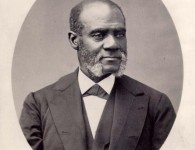

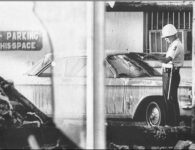

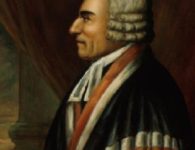
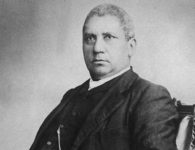
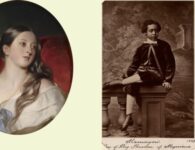

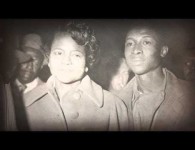
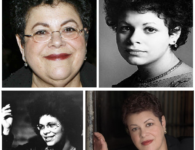
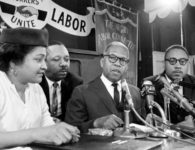
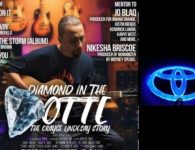
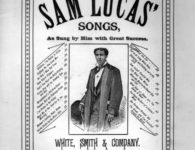
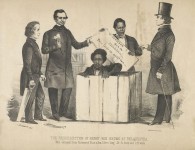

No comments